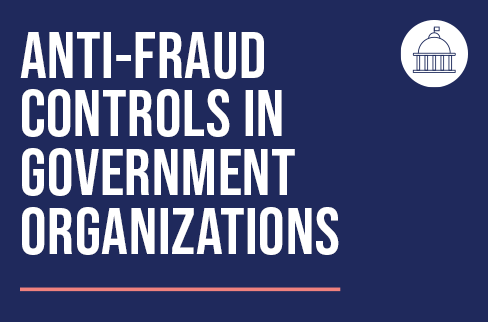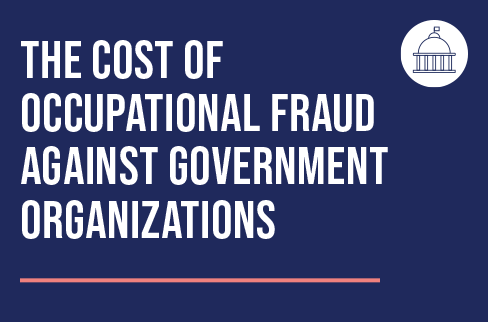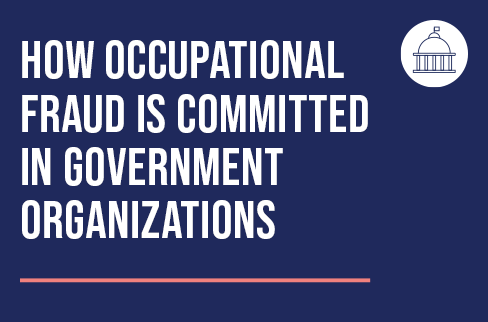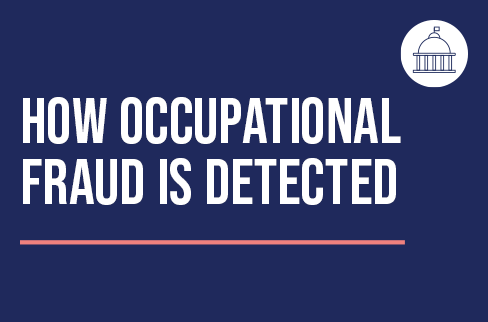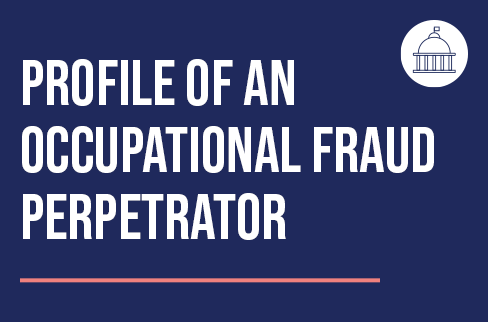
Raushi Conrad was a longtime, well-liked U.S. federal government high-tech specialist. He bucked the stereotype of the aloof, arrogant IT worker. But an anonymous email led to an investigation that showed he’d committed a one-man $1 million internal fraud scheme that involved chicken restaurants, computer viruses and “wink-and-a-nod” briberies. Here’s how to fend off similar high-tech crimes.










